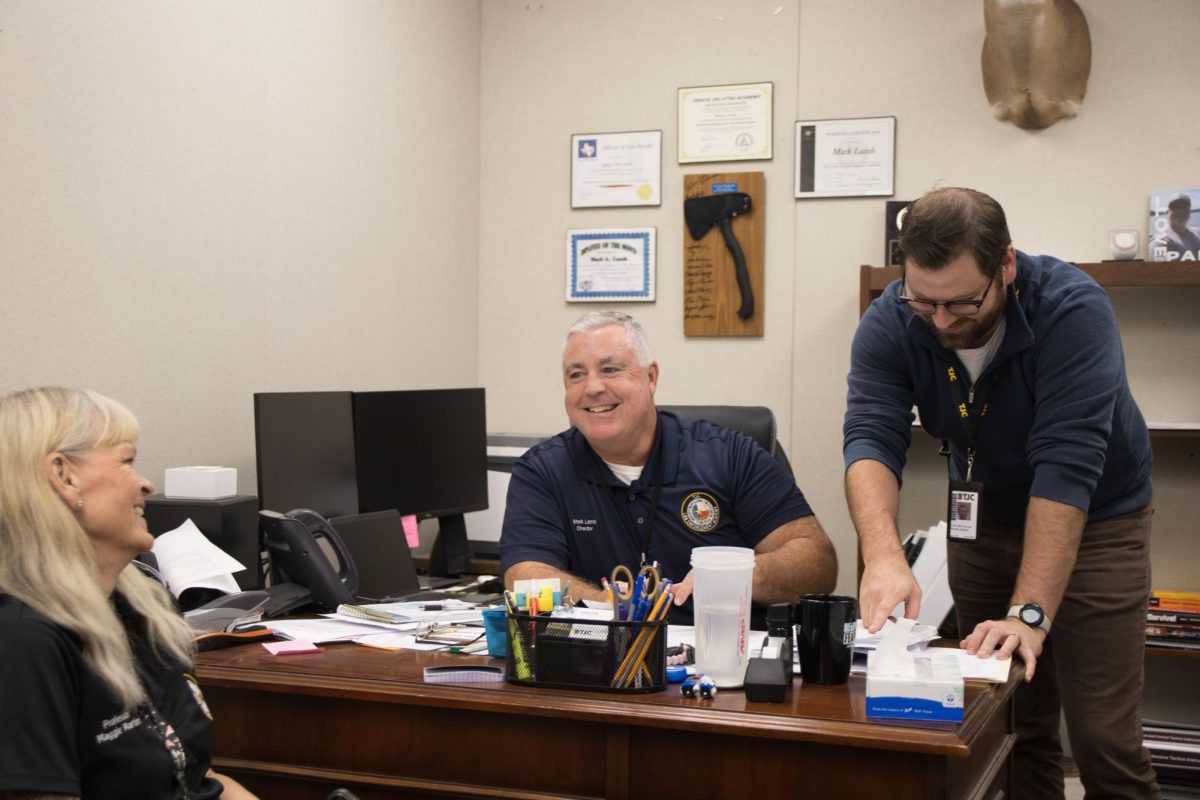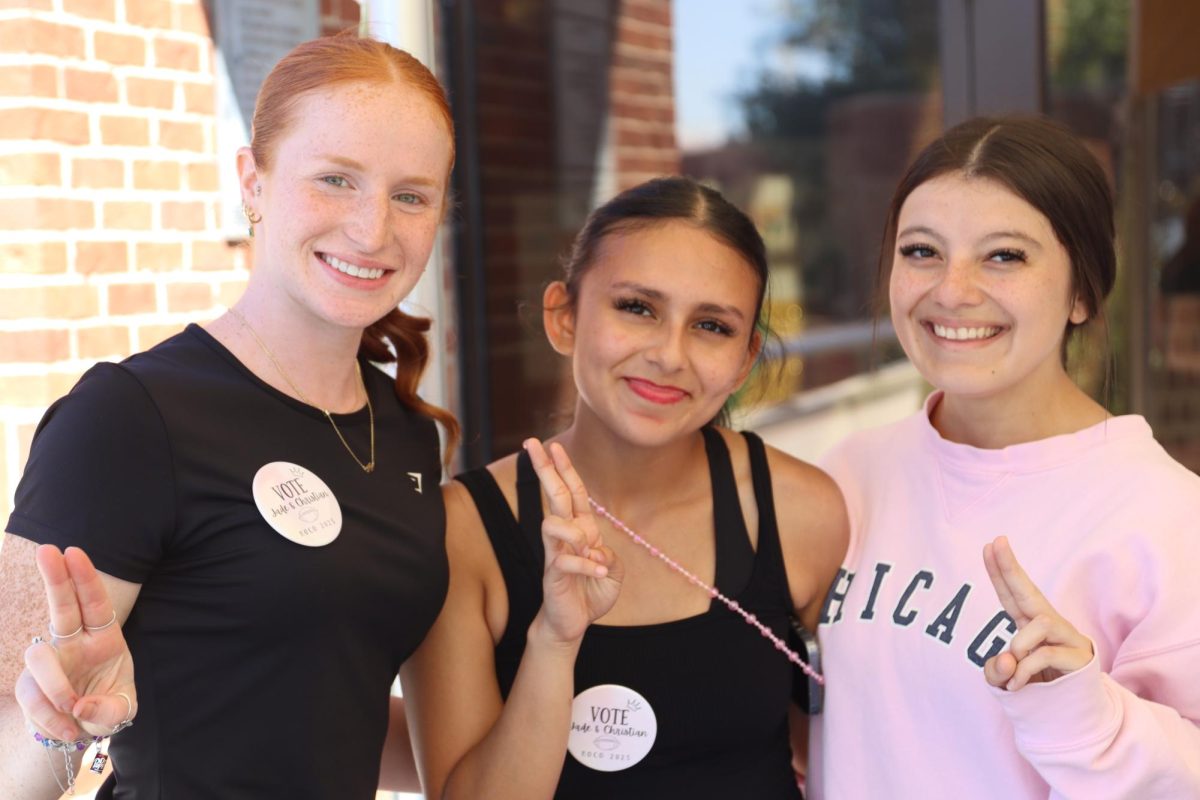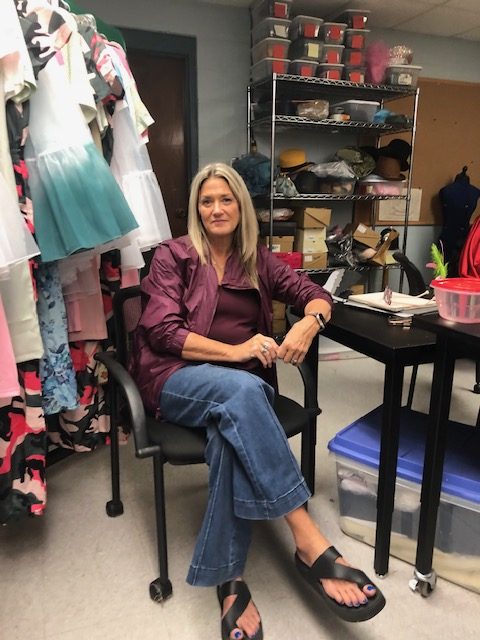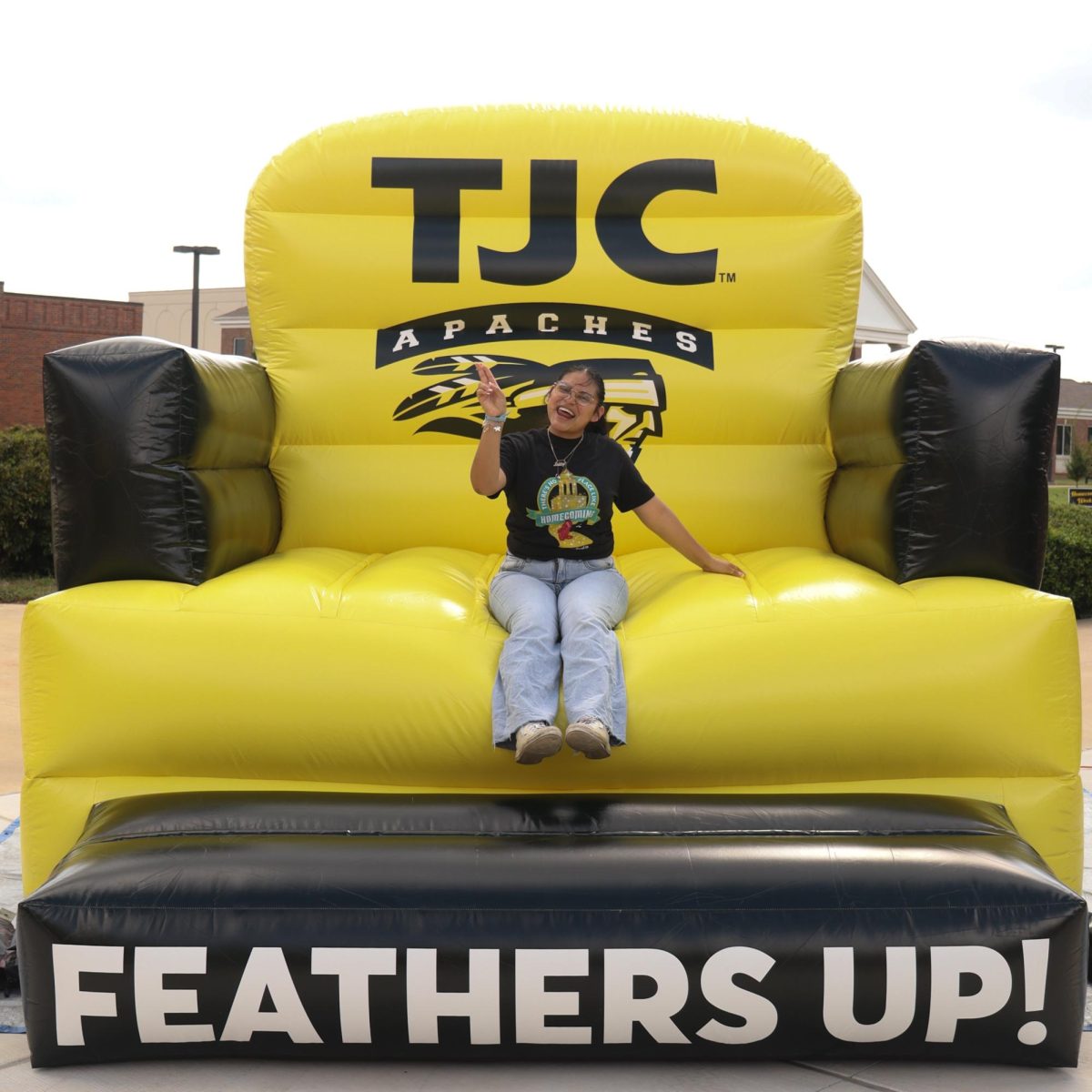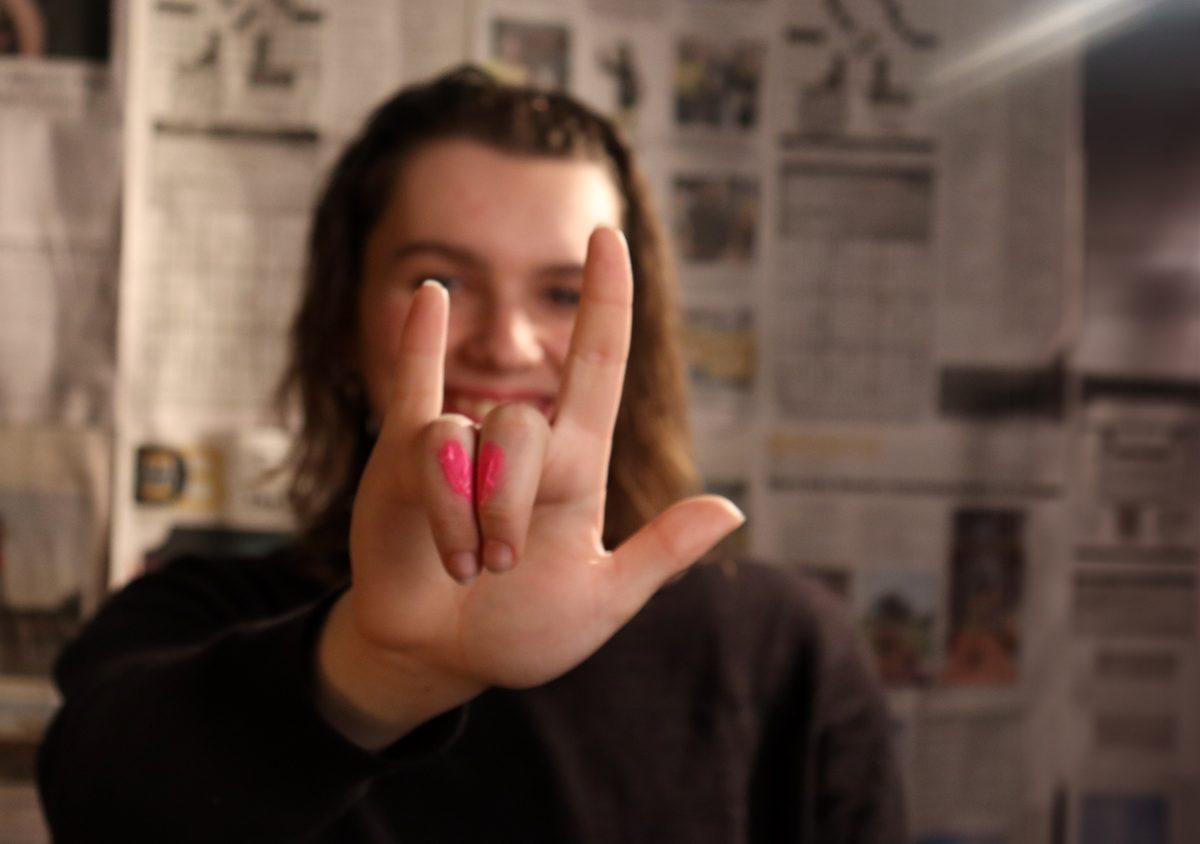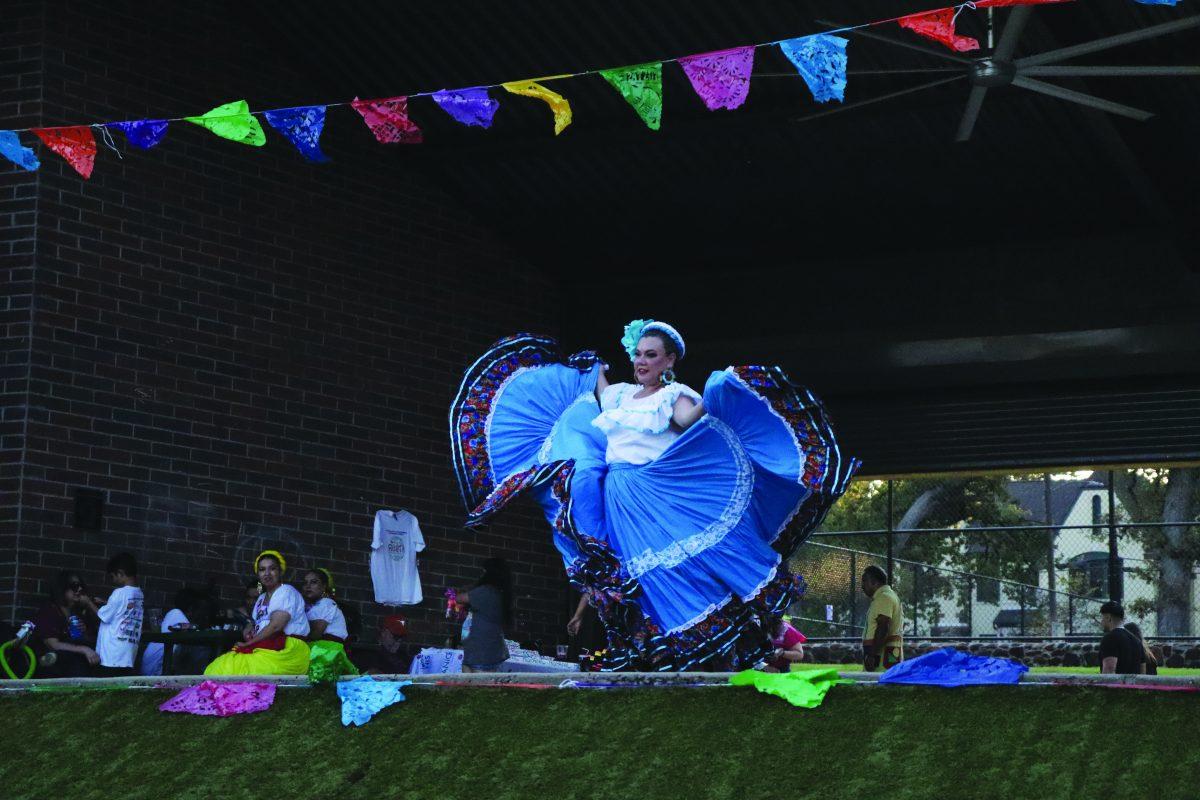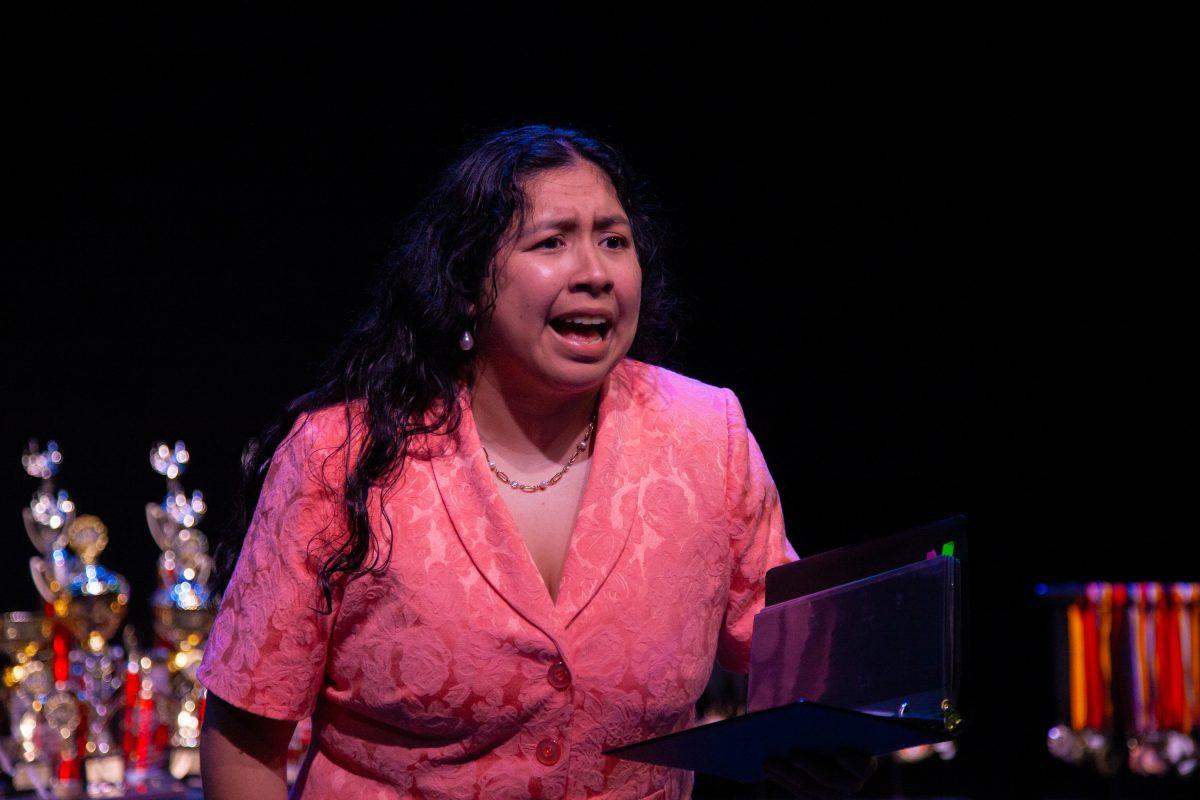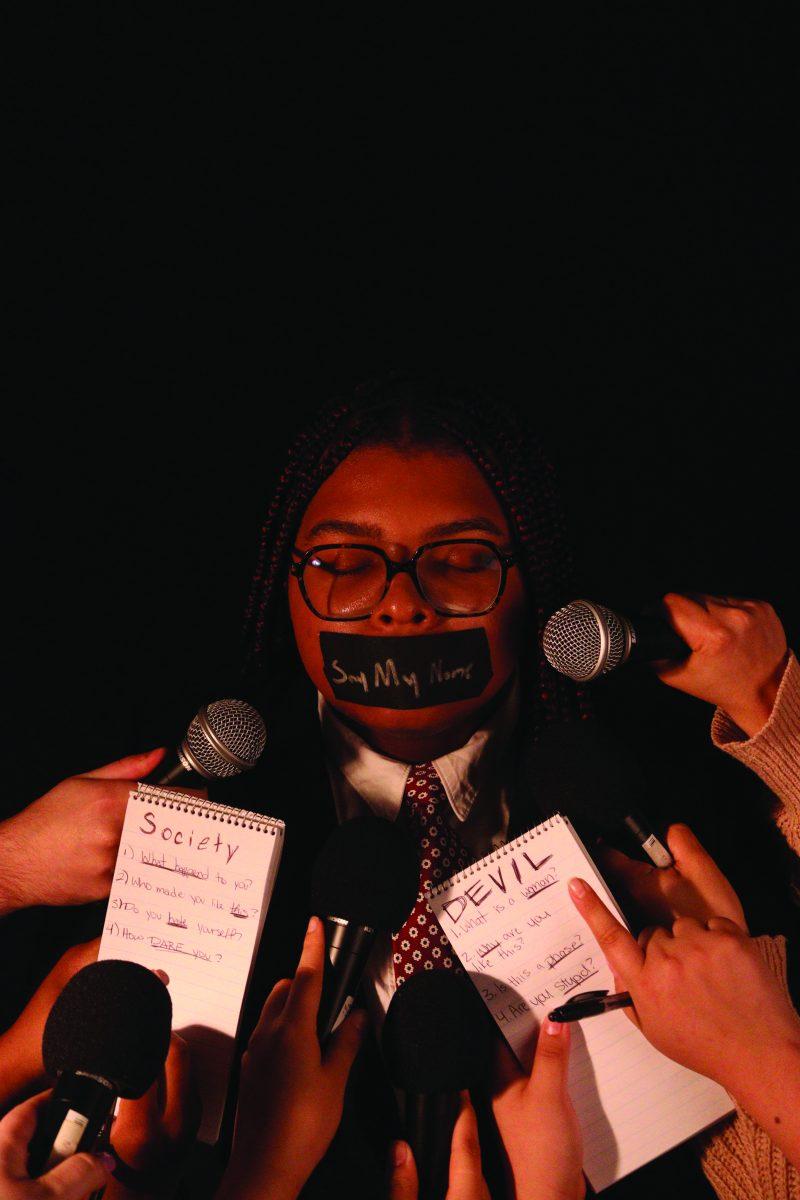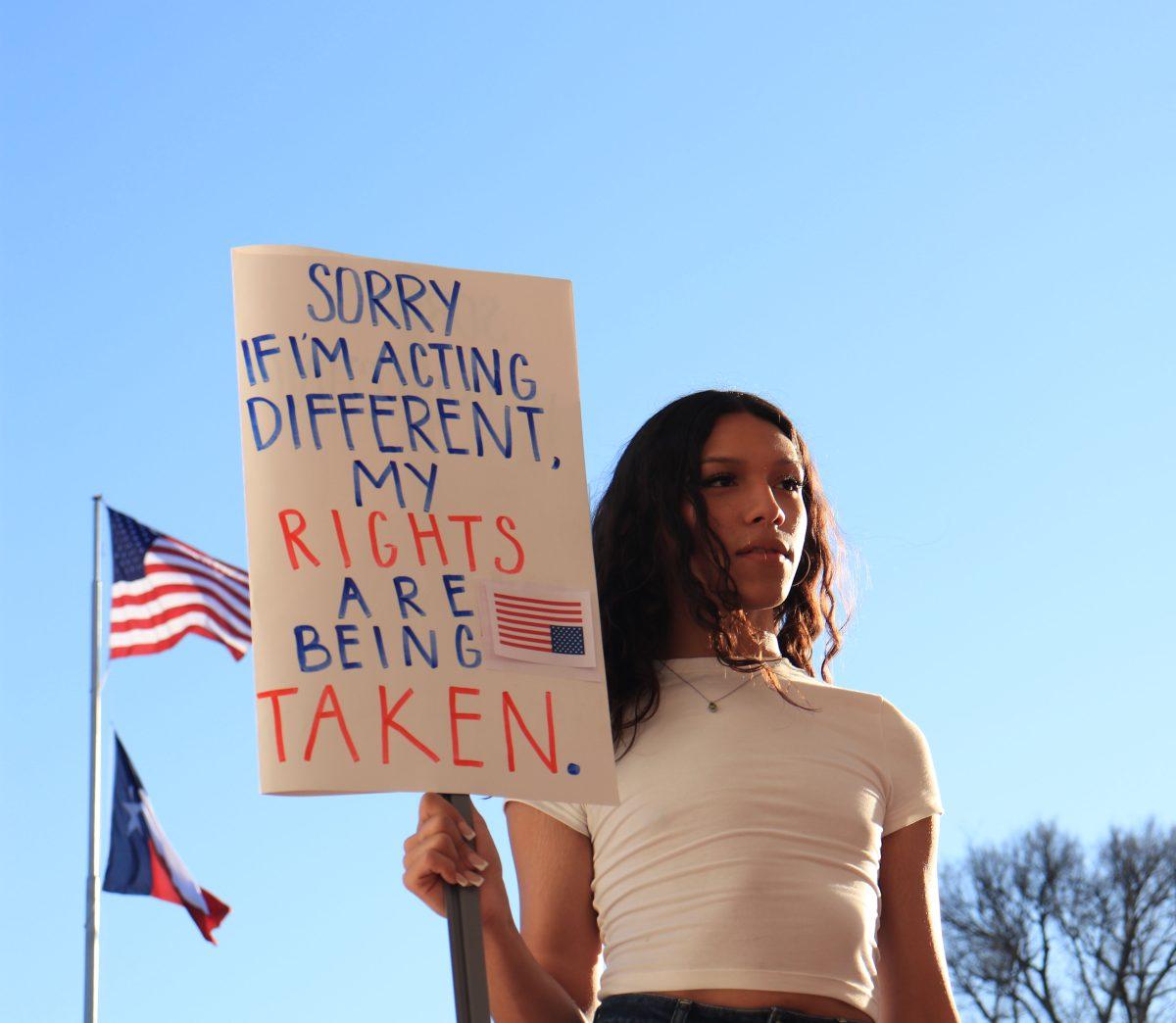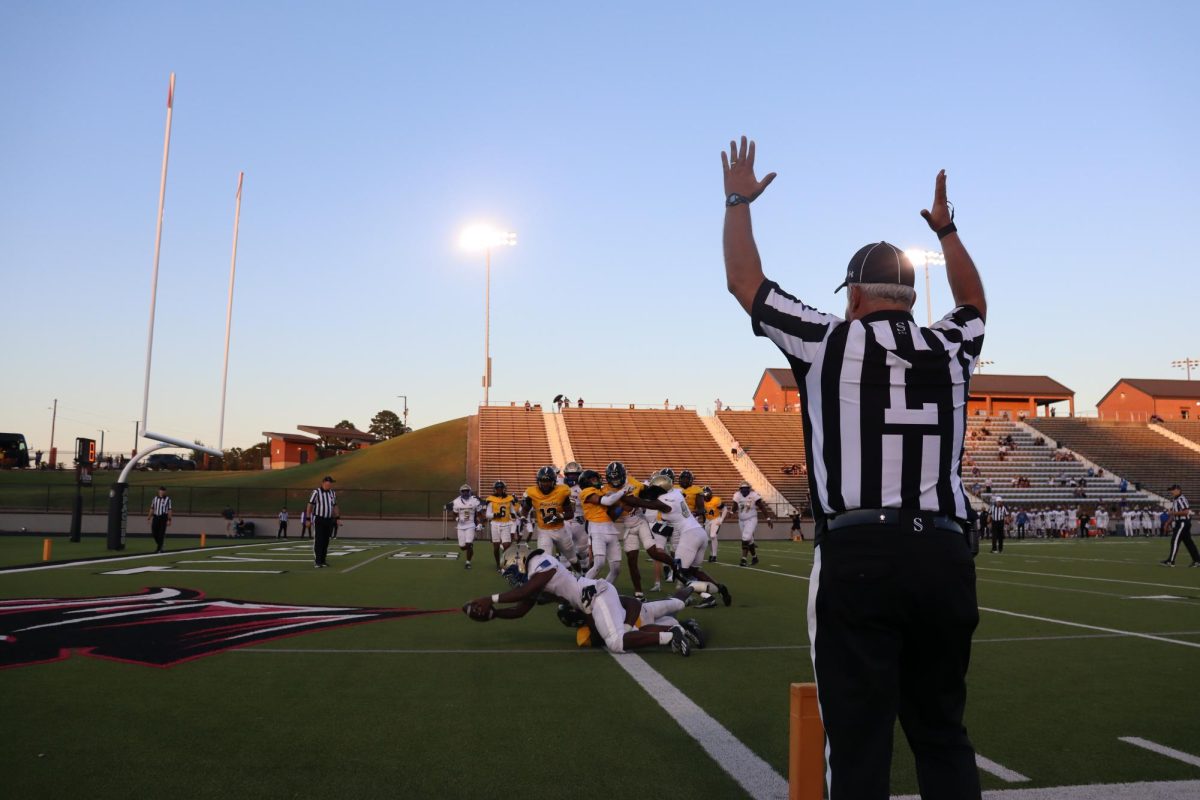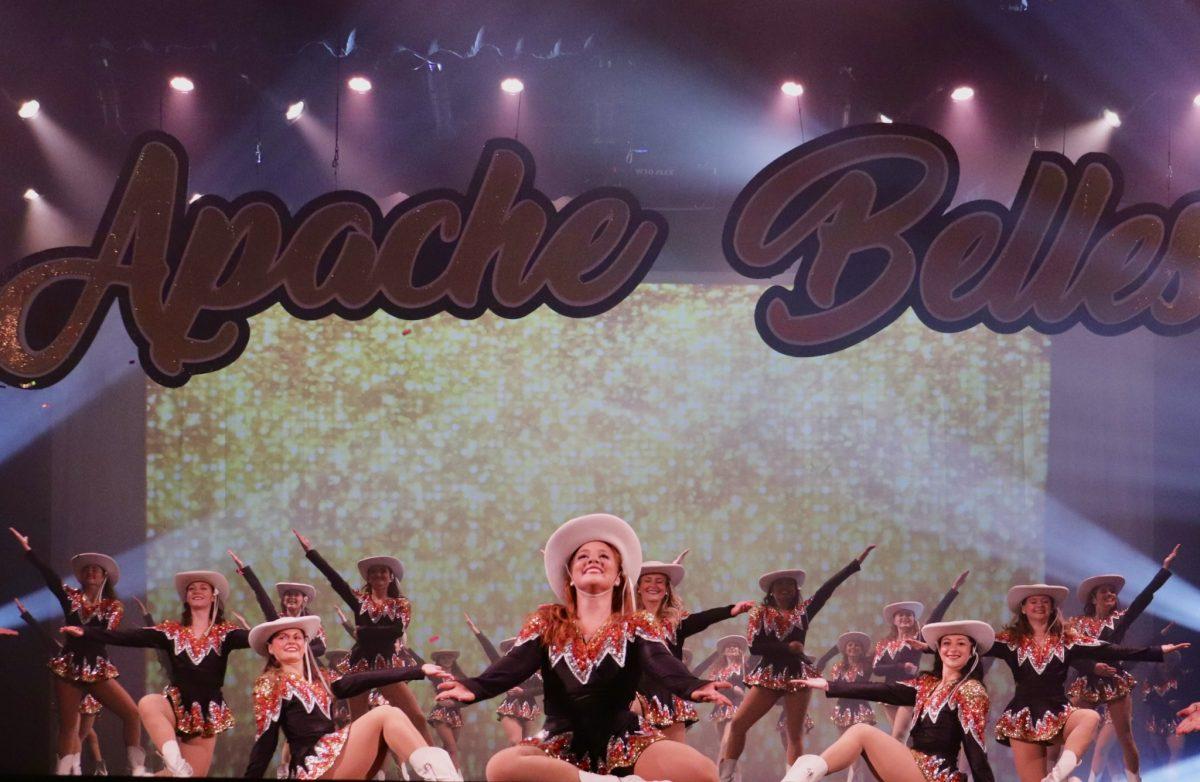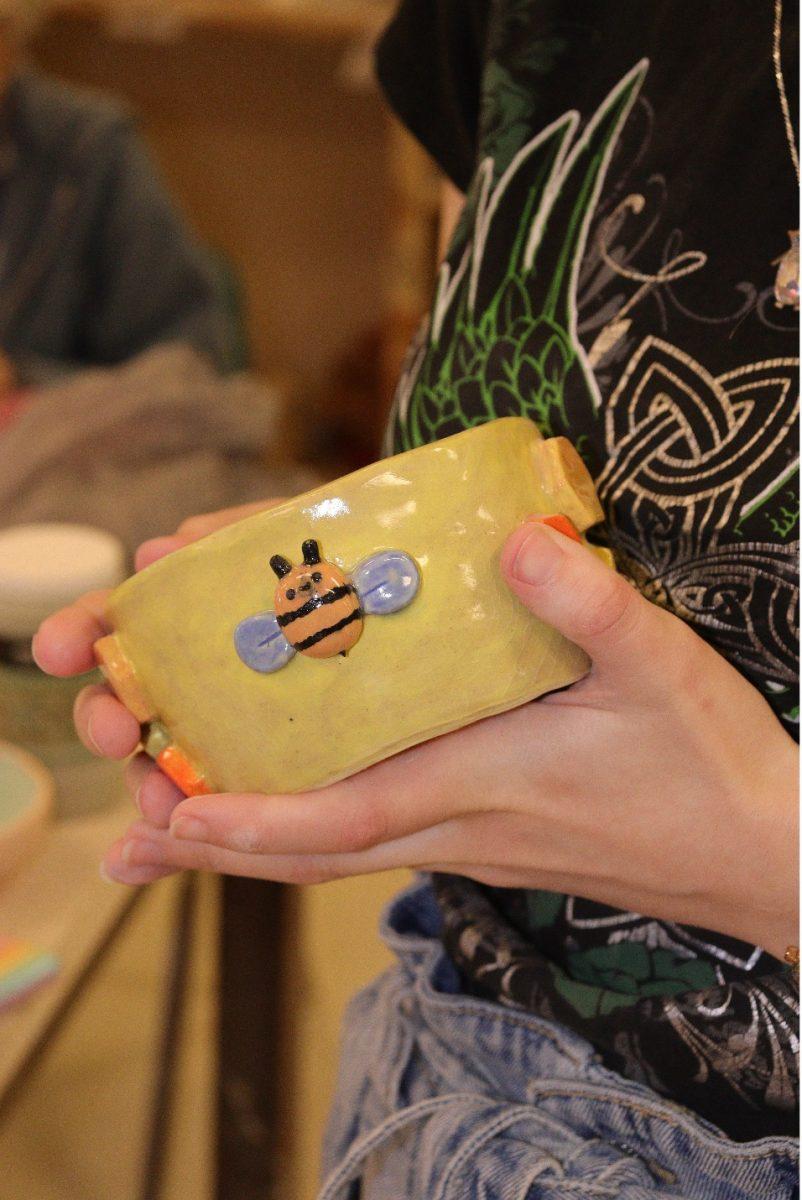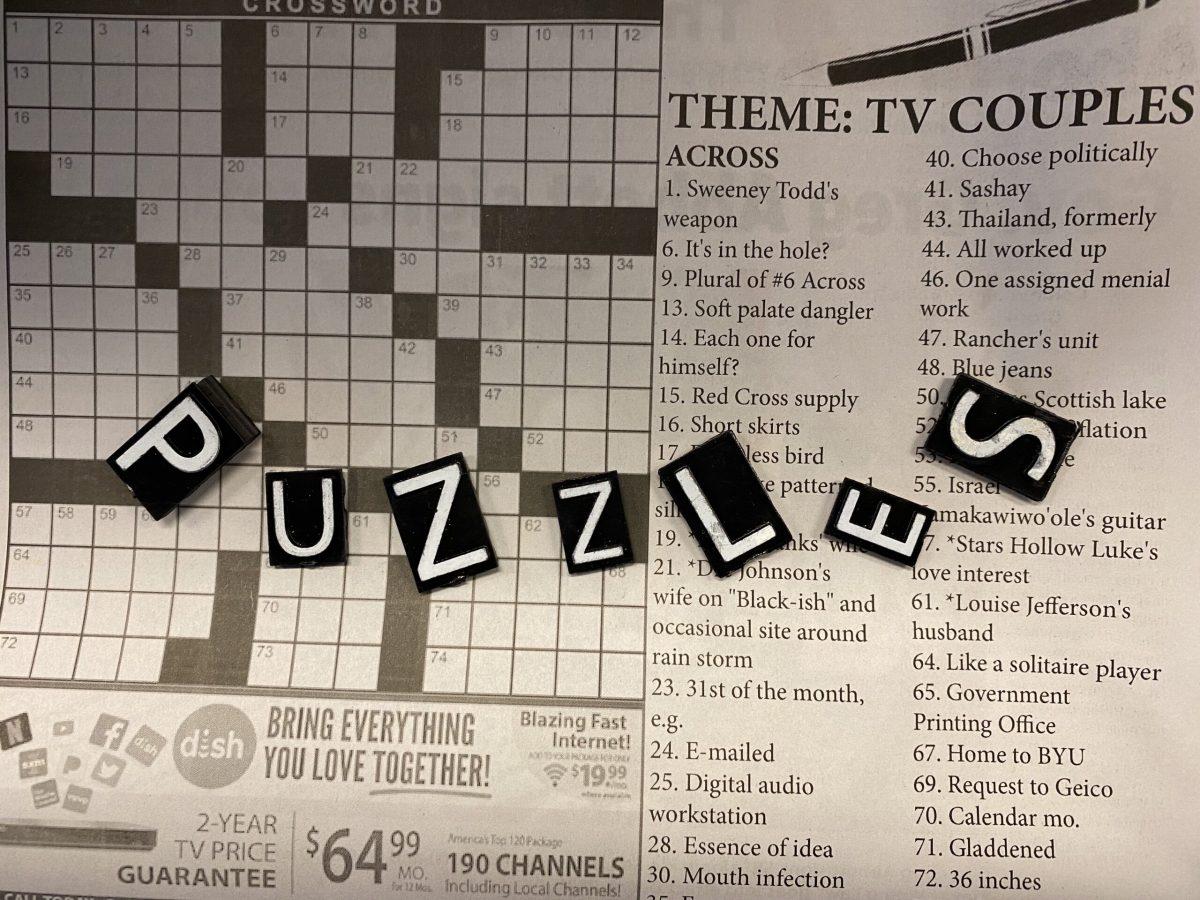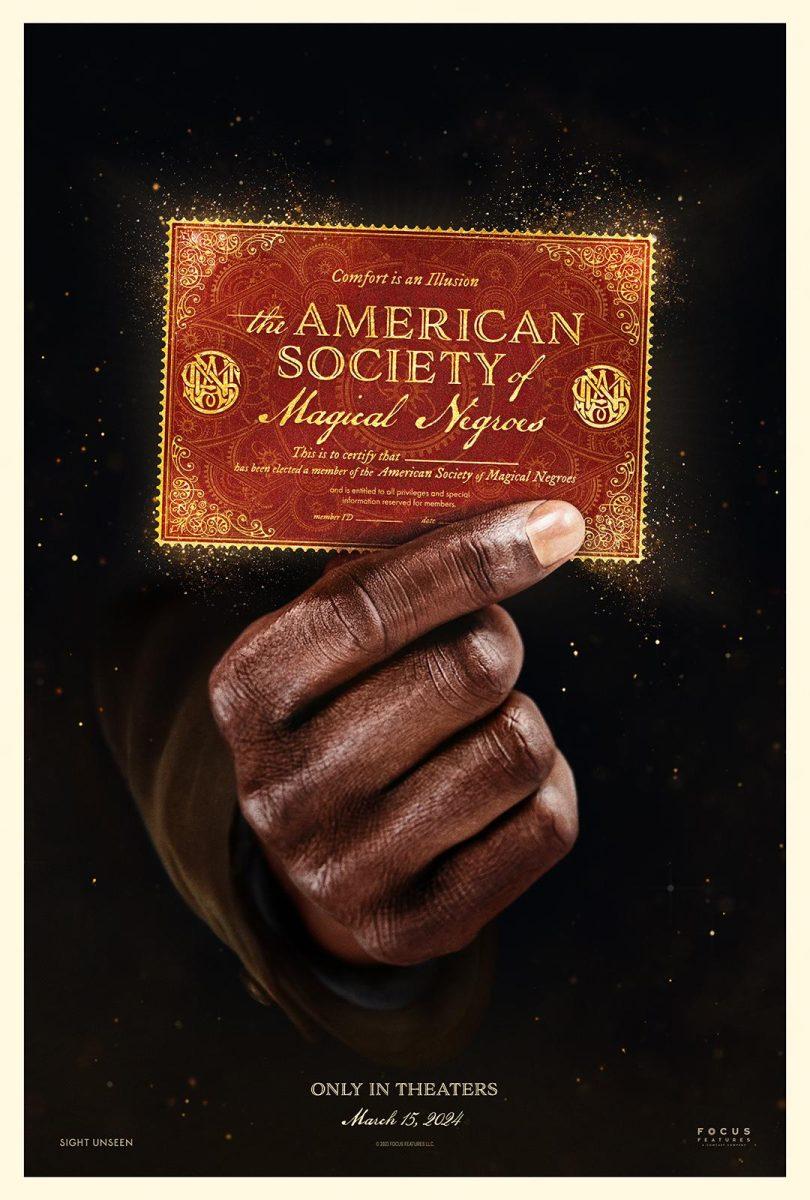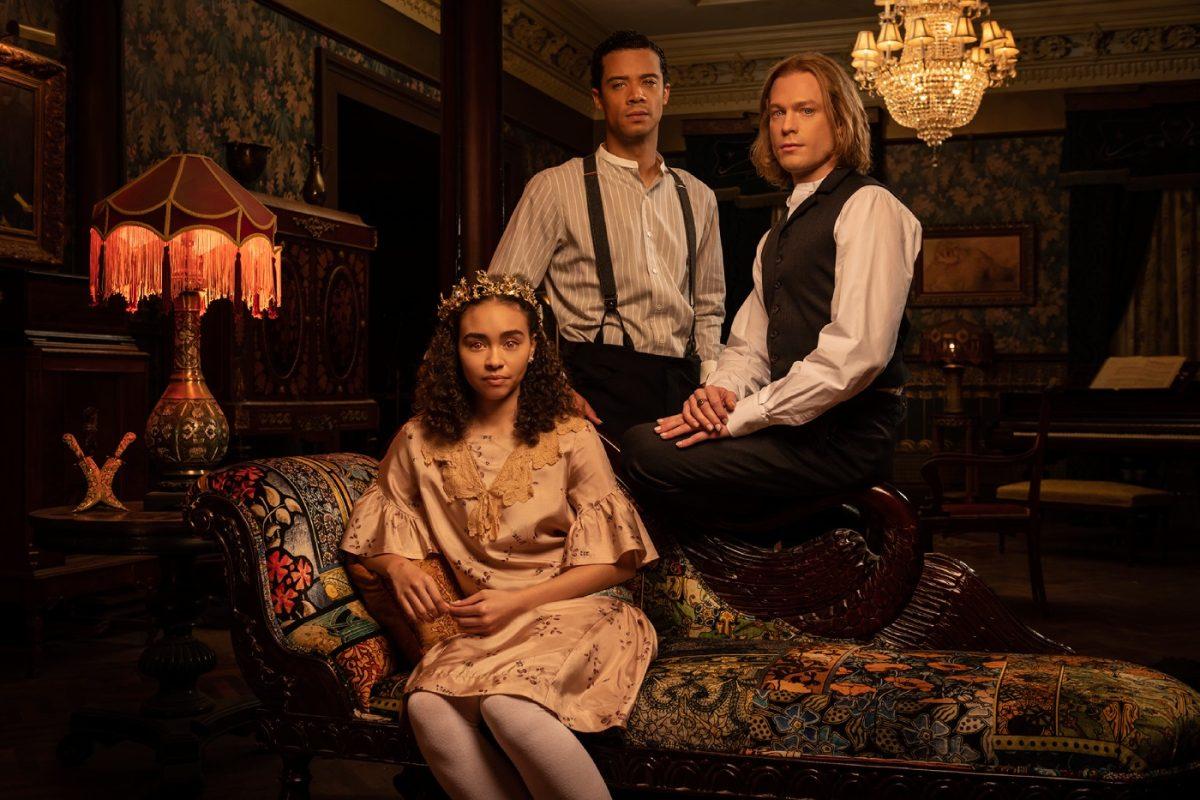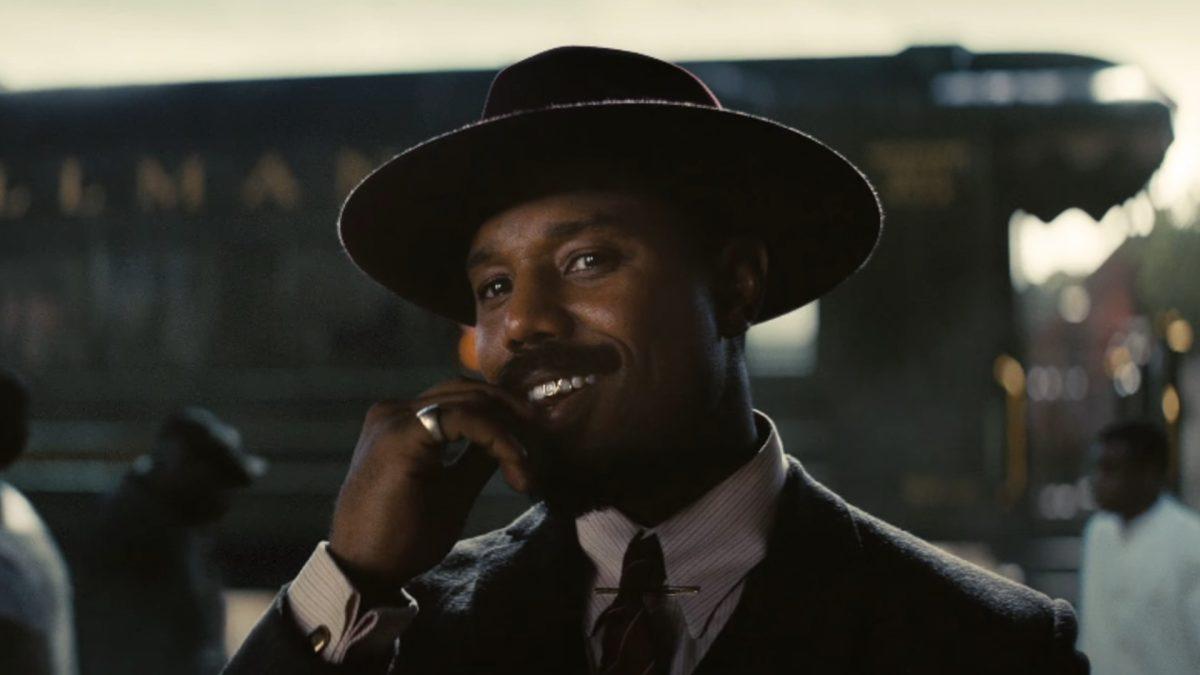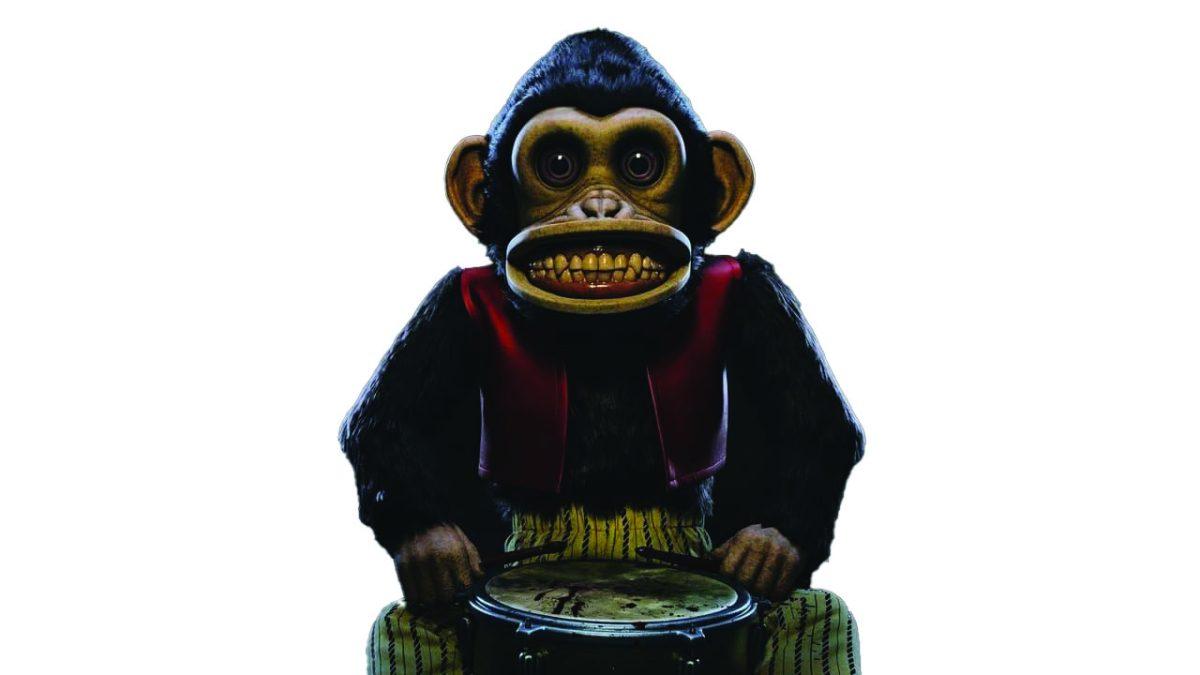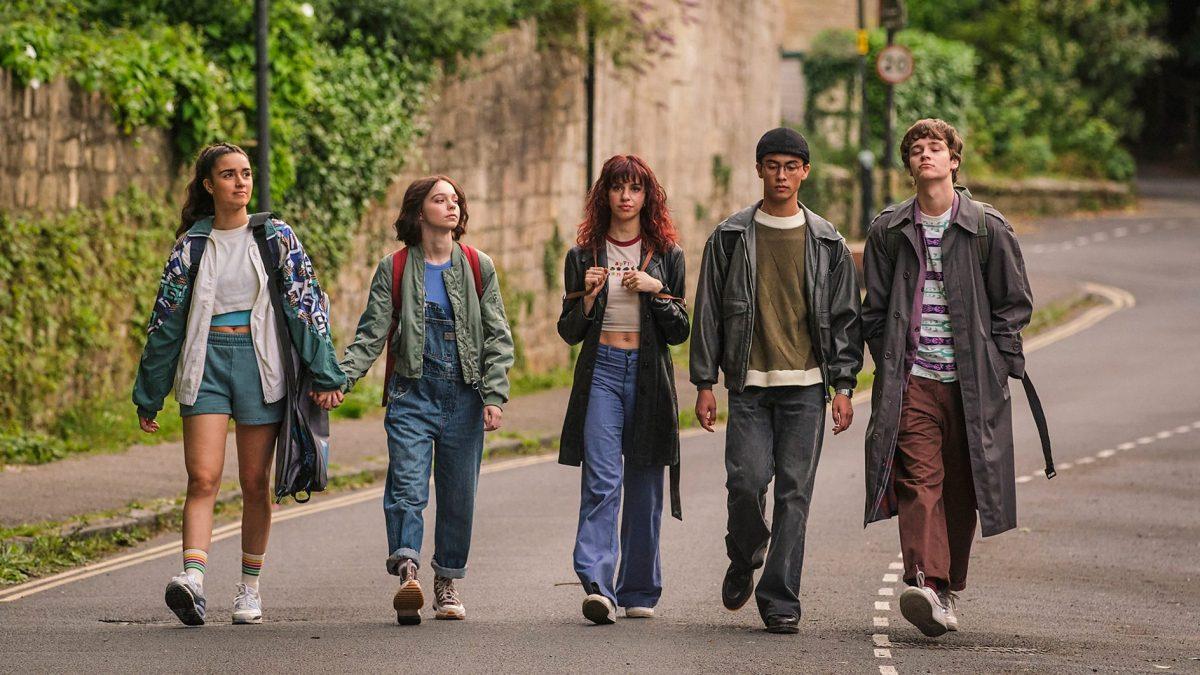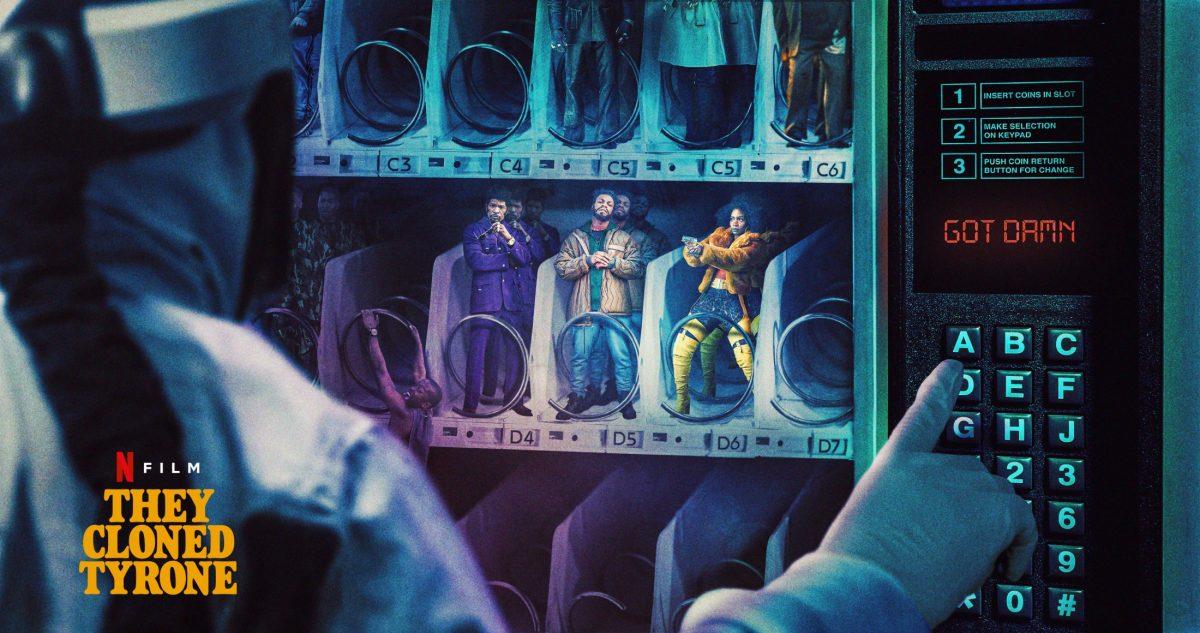In his directorial debut, Kobi Libii’s newly released “The American Society of Magical Negroes” tells the story of a Black main character named Aren as he’s recruited into a secret society of magical Black people who use their powers to make white people’s lives easier. The film attempted to satirize this age-old trope, but unfortunately, missed the mark.
A “Magical Negro” is a stereotyped Black character (generally regarded as an offensive representation of Black people) whose role primarily involves assisting a typically white protagonist, most often by providing magical assistance or folk wisdom. Their value as individual characters with personal goals and motivations holds no weight unless it’s of use to the main character to help them complete their arc.
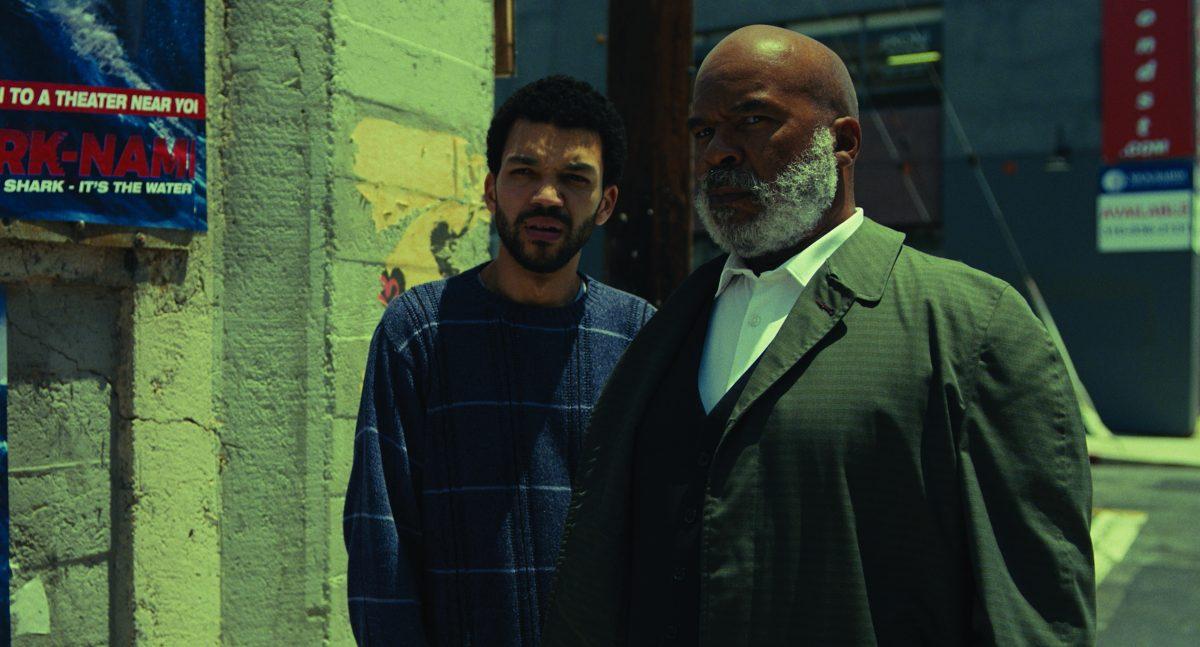
The teaser initially interested me with its premise and clear potential for a Jordan Peele-style comedic approach that subverted the usual way Hollywood and literature use Black characters as a tool or plot device for non-Black leads, rather than fleshing them out as full people. Still, the release of the extended trailer was a “had-me-in-the-first-half” realization that didn’t leave me with much hope for the movie.
The movie was meant to at least hold up a satirical mirror to the trope, if not turn it on its head, and the overall execution left me questioning who its intended audience is. It put me in the mind of the TV show “Black-ish” with the way it essentially babies the audience and uses its characters to over-explain things as if the point would fly over viewers’ heads otherwise.
While watching it, some topics felt a bit out of place or even forced, as if the director wanted to touch on too many societal issues that have been rehashed in the media ad nauseam to make a social commentary instead of focusing on the topic at hand that had more than enough weight to carry the movie if it were explored properly. Justice Smith certainly has the range to deliver on an intriguing premise like this, and I don’t believe that this movie utilized him or its stacked cast of talented actors like Aisha Hinds and David Alan Grier to their full extent.
Aren as a main character felt a little one-dimensional, and his character arc was predictable and uninspired, with surface-level realizations about the world he lived in and his place in it that were spoon-fed to both him and the audience. Some jokes landed well, and the effects of the magic weren’t terrible, but the fantasy and wonder were sort of cheapened by the fact that at its core, it’s still a Black trauma film that centers around the pain of Black characters to teach non-Black people a morality lesson.
In a world where Black people have magic, the magic is still used to keep others comfortable in the name of safety. With all of the creativity coming out of Hollywood in recent years, it’s high time we got a fantasy movie with Black leads where racial trauma isn’t a plot point for the sake of social commentary.
It took a swing at satire and fouled off, becoming another movie that preaches to the choir about societal hang-ups instead of delving into the nuances of the trope that have the potential to tell a unique story, all while also flopping when it comes to intersectionality.
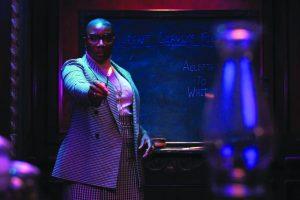
“The Magical Negro” trope as it applies to Black women specifically and similar topics isn’t explored. Tropes like the “Black best friend,” the “mammy” archetype or “chocolate-dipped Barbie” are cast by the wayside in favor of tired clichés and failed displays of allyship by the non-Black characters.
To their credit, Justice Smith and An-Li Bogan’s great chemistry and performance shouldn’t go unnoted, but the romance between his character and hers, whose race is only hinted at as being non-white, felt a little shallow and under explored.
There’s a conversation needed about the lack of Black people around the main character Aren when he’s not with the society and how that, combined with the fact that he is biracial, influences his perception of the purpose of the society, but it isn’t addressed in any meaningful way.
In the end, despite its bold title, the movie struggles to conjure up any real magic and personally left me wanting more, or even a different story. But perhaps as a Black, female viewer, I’m not the film’s target audience and this story just isn’t for me. I encourage viewers to see it for themselves to form their own opinions.
“The American Society of Magical Negroes” is now playing only in theaters.

